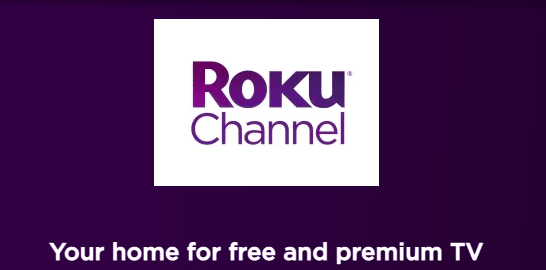As a result, businesses and marketers have taken advantage of the opportunity to create content specifically tailored to streaming services, so they can reach their desired audiences and maximize the return on their investment.
The Rising Popularity Of CTV (Connected TV)
According to research conducted by Leichtman Research Group, 87% of US adults own a CTV device, and 46% watch CTV daily.
The Rising Popularity Of CTV (Connected TV)Advertising-based video on demand (AVOD)The benefits of developing content for RokuRoku is leading the charge
Whether it be ease of use, a wide range of programming options, or the convenience of on-demand video streaming services, the appeal of CTV is undeniable, and it’s plain to see why so many people are jumping on board. One of the streaming platforms meeting this demand head-on is Roku, which is one of the pioneers of the modern CTV industry. With Roku, you can access thousands of movies and shows on the go with its various apps and channels, which includes the likes of Netflix, Hulu, and Prime Video. They also have their own channels with unique content.
Roku’s revenue grew from $399 million in 2016 to a staggering $2.76 billion in 2021, and many experts believe that the company still has plenty of room to grow considering the fact that CTV is still in its infancy – at least from an advertising standpoint. According to Statista, as of the second quarter of 2022, Roku reported a total of around 63.1 million monthly active users in the United States. When it comes to the actual CTV content, startup VFR.ai has been quick to position themselves as a pioneer within this growing new sector, by both creating and monetizing content for streaming platforms. Their timing couldn’t be more perfect, especially as many of the leading streaming services, including Netflix, switch to AVOD business models, which we explain below.
Advertising-based video on demand (AVOD)
That’s why many of them are now offering an advertising-based video-on-demand (AVOD) model to their customers. For those unaware, AVOD models involve the streaming provider displaying a series of advertisements before or during their videos, allowing viewers to access content for free (or for a discounted fee) while still generating revenue for the streaming provider. It’s important to note that this has become a very attractive proposition for companies looking to leverage CTV as an advertising platform. And considering the fact that Roku already has over 43 million users, businesses can be sure that their content will reach their intended audience.
The benefits of developing content for Roku
The benefits of creating content for Roku are numerous. Let’s take a look at just a few of them:
Wide range of content options – With Roku, content options aren’t limited. Opportunities include casual/hyper-casual games, video content, music, apps, and more. Simple coding – The coding for Roku is different from other languages, yet not difficult to learn, and simple enough to use. Increased engagement – Advertisements on CTV platforms offer viewers a more immersive experience than other digital ads, resulting in higher engagement and longer viewing times. Improved reach – With AVOD, businesses can access a much wider range of viewers than they would with other digital ad formats. On top of this, the TV is usually the center of attention in many households, meaning that the ads are likely to be seen by an entire family unit. Higher CPM – According to some reports, CTV advertising will fuel a race to $100 CPMs. This means that advertisers can make more money per ad impression than they would on other digital ad platforms, vastly improving their ROI.
Roku is leading the charge
With its growing user base, precise targeting capabilities, and higher CPMs, there’s no doubt that AVOD on Roku will be making waves in the advertising world. Knowing how to create content for such platforms is likely to provide a significant competitive advantage to businesses in the near future. After all, TV remains the center of the household and is still the most prestigious form of advertising, especially as cinema continues to decline and viewership for streaming services and on-demand content rises. Whether it be music, apps, video games, or movies, creating content for Roku is sure to be beneficial for businesses and advertisers looking to maximize their profits.
